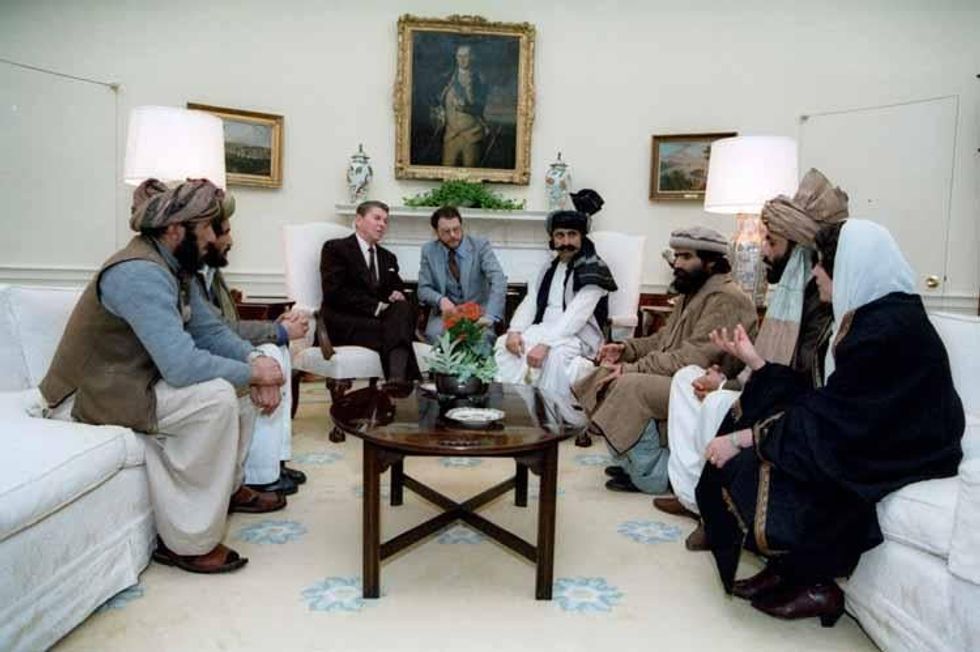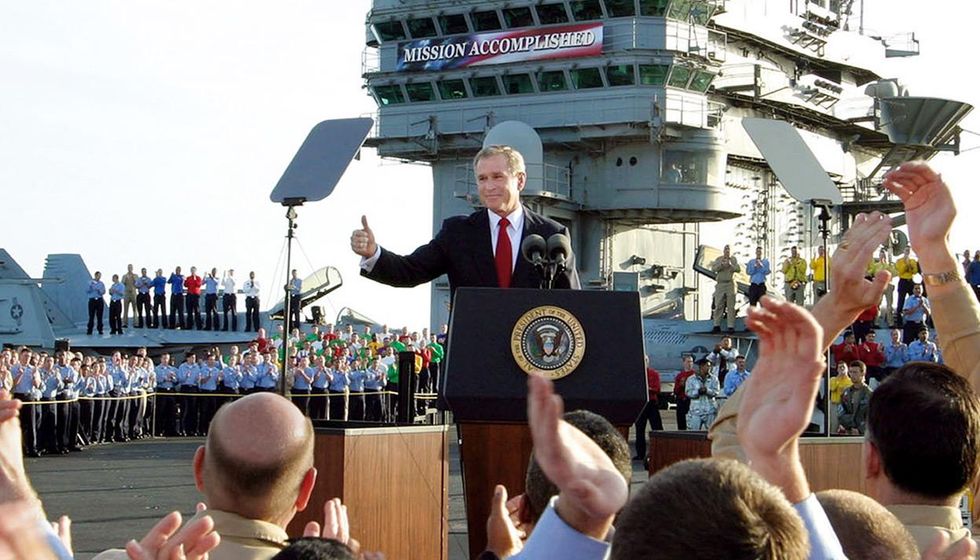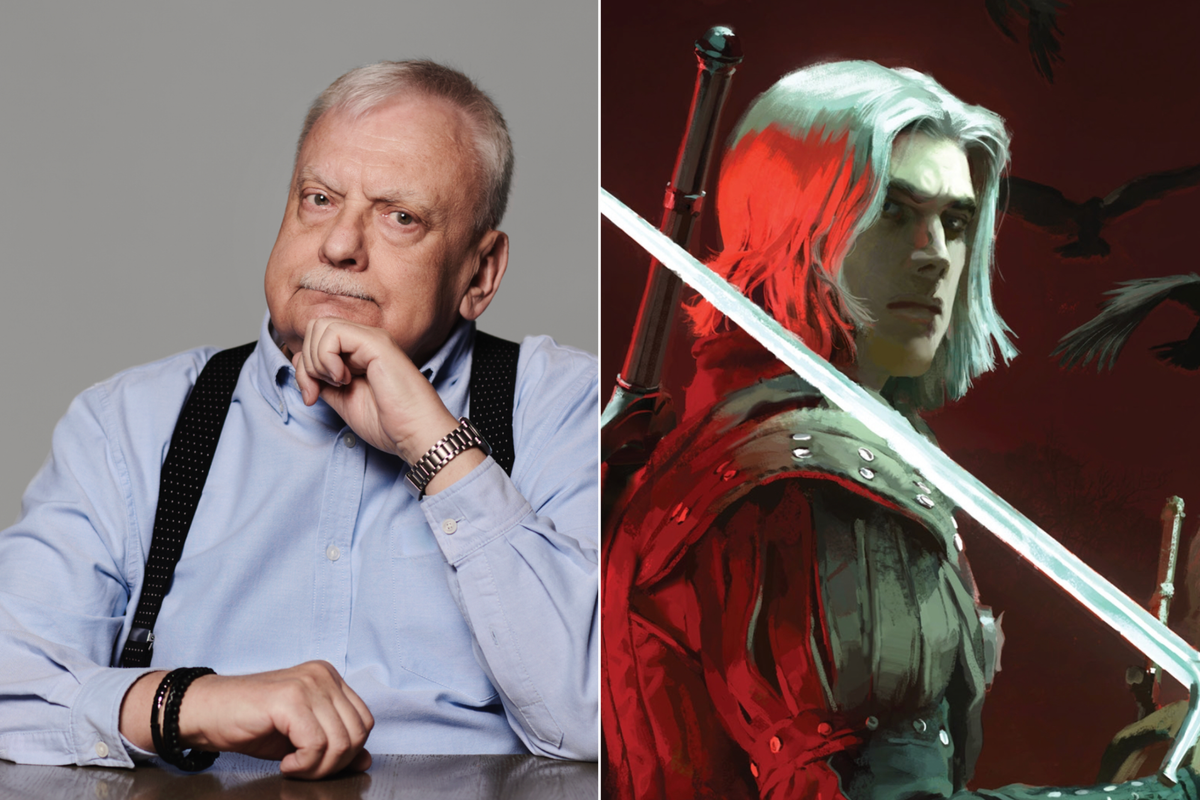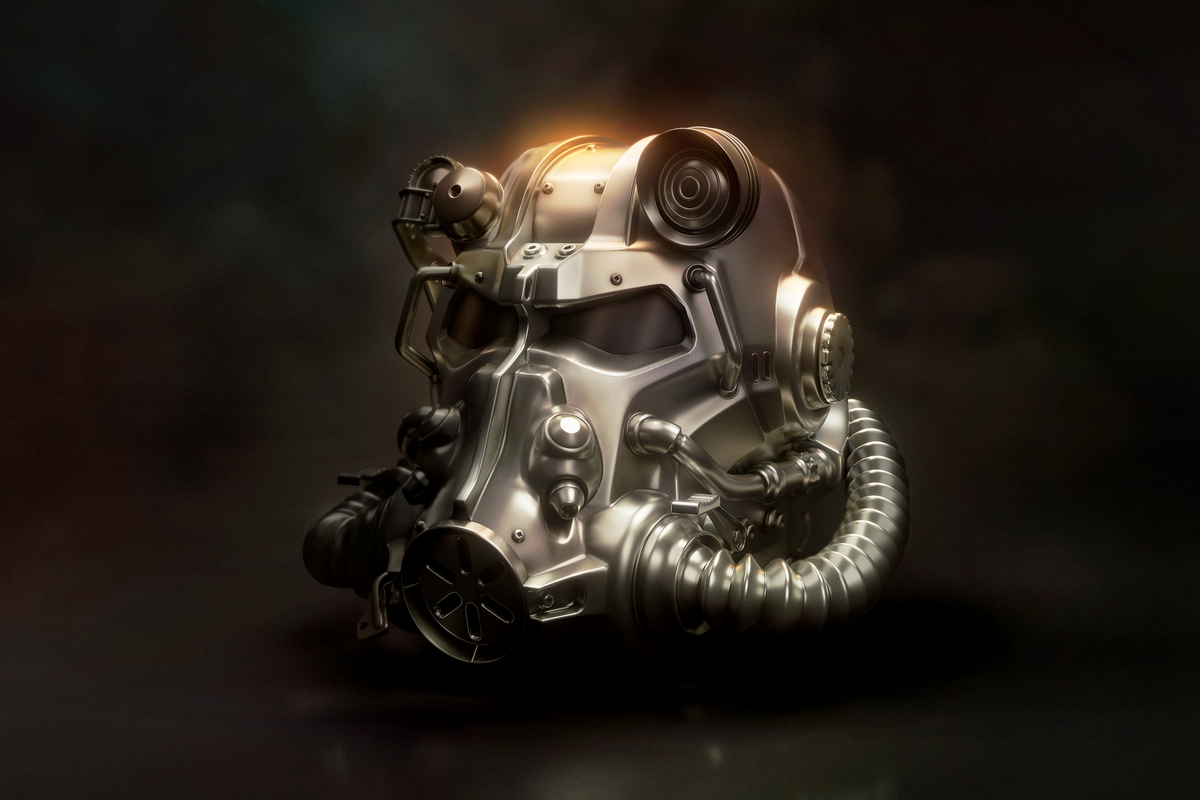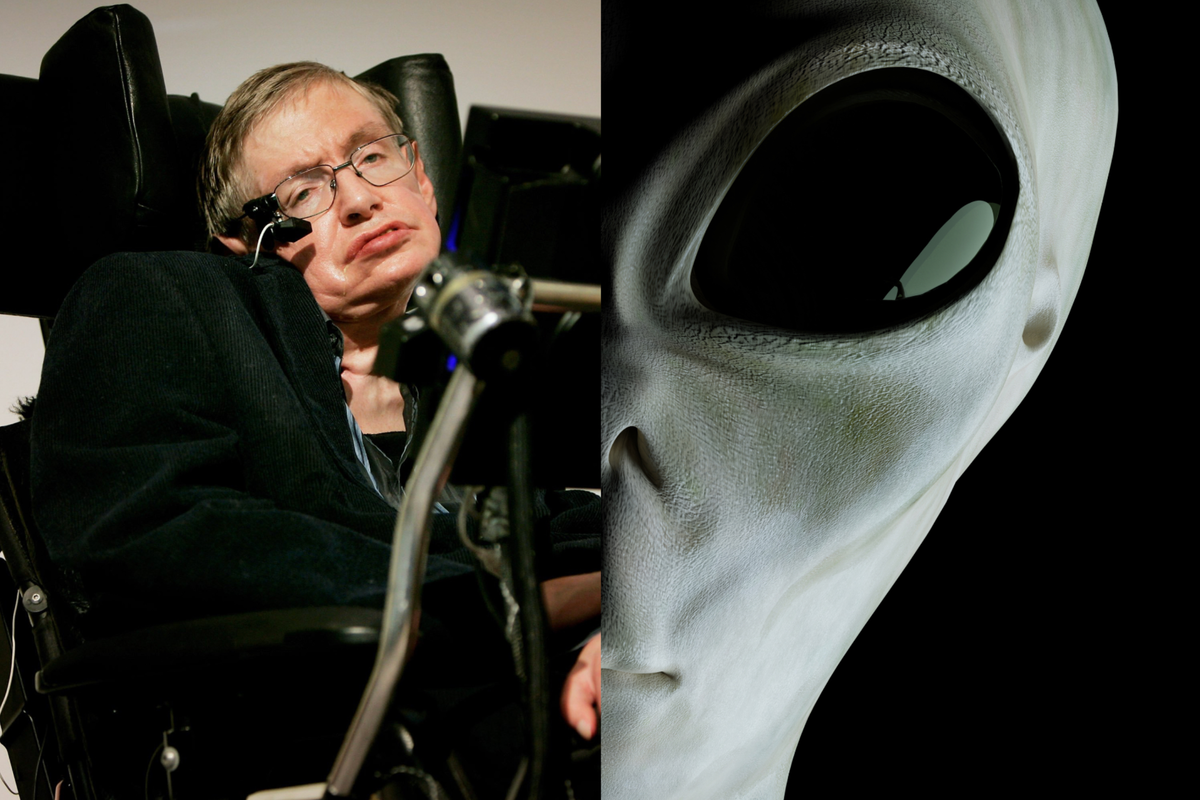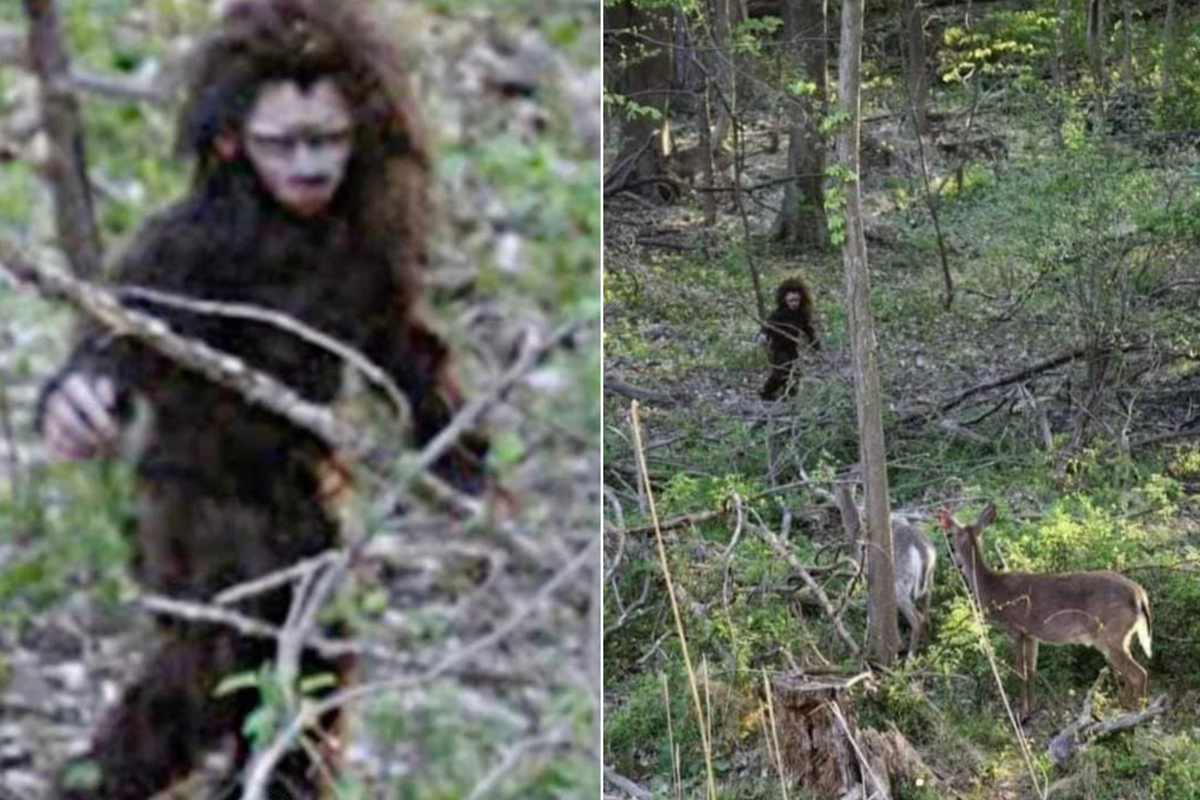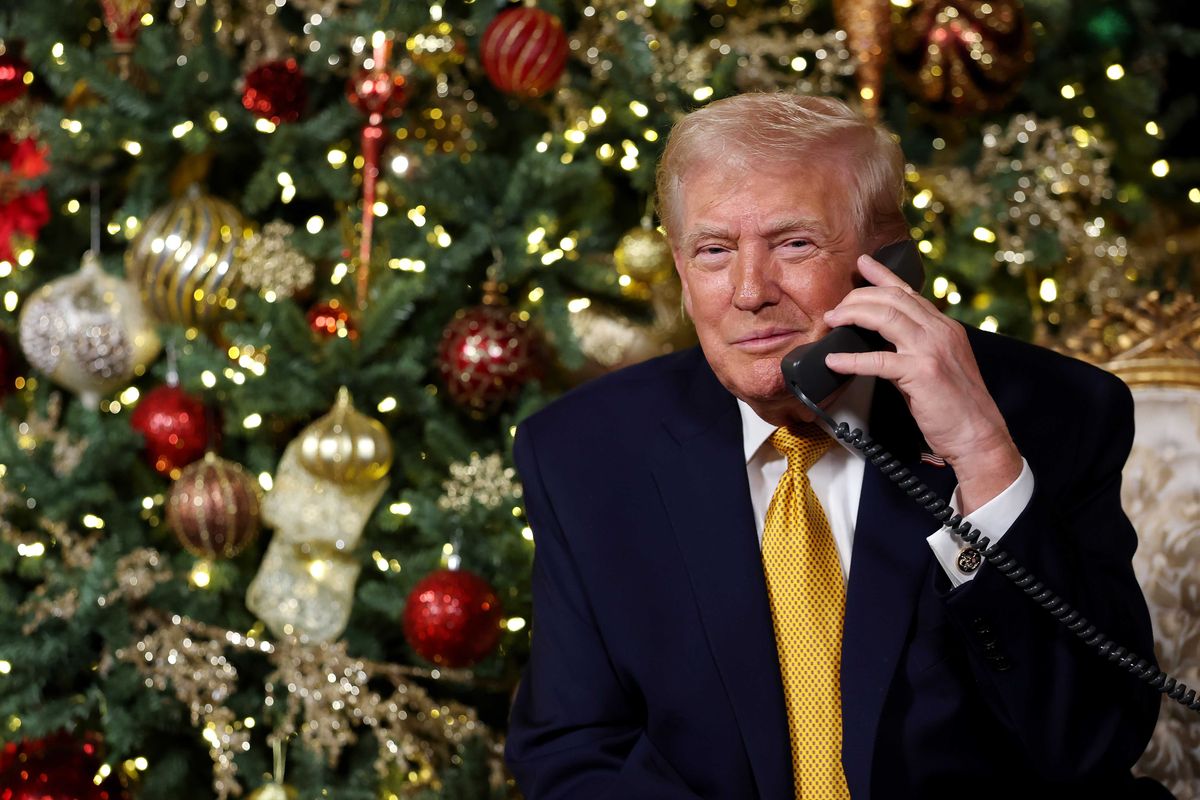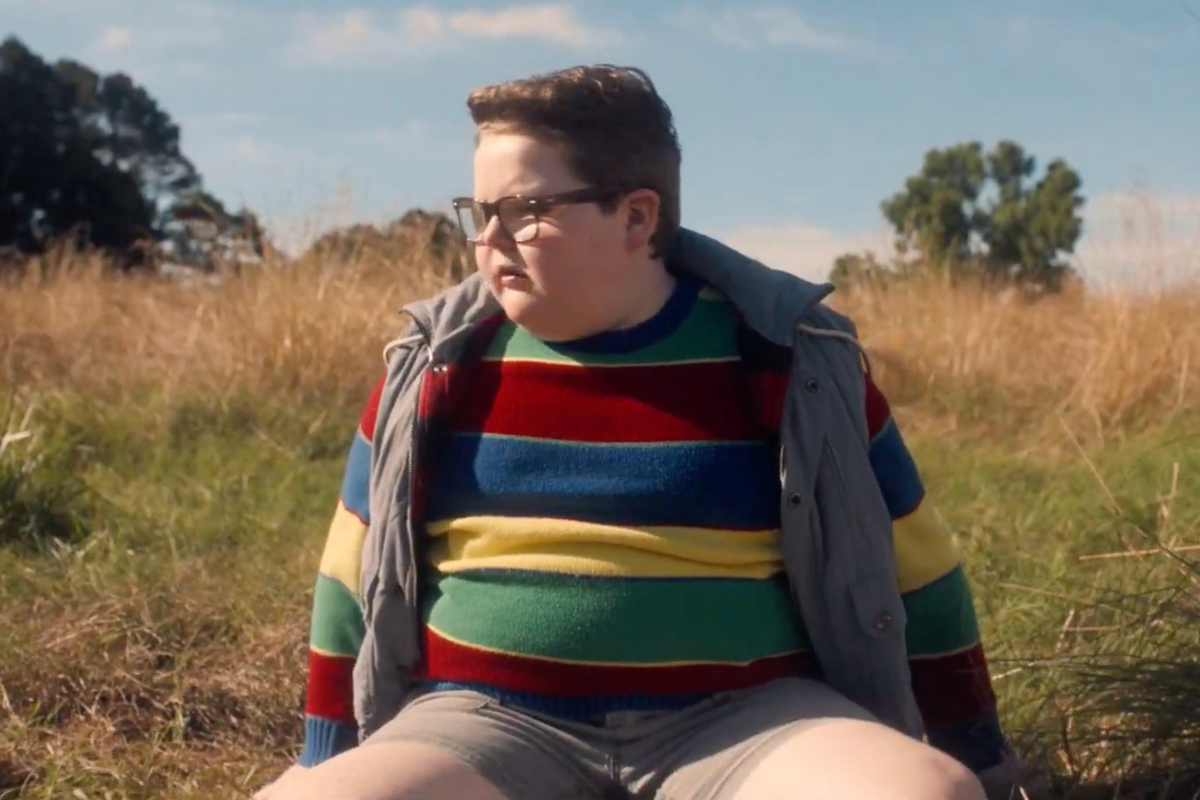News
Matthew Champion
Jul 13, 2014
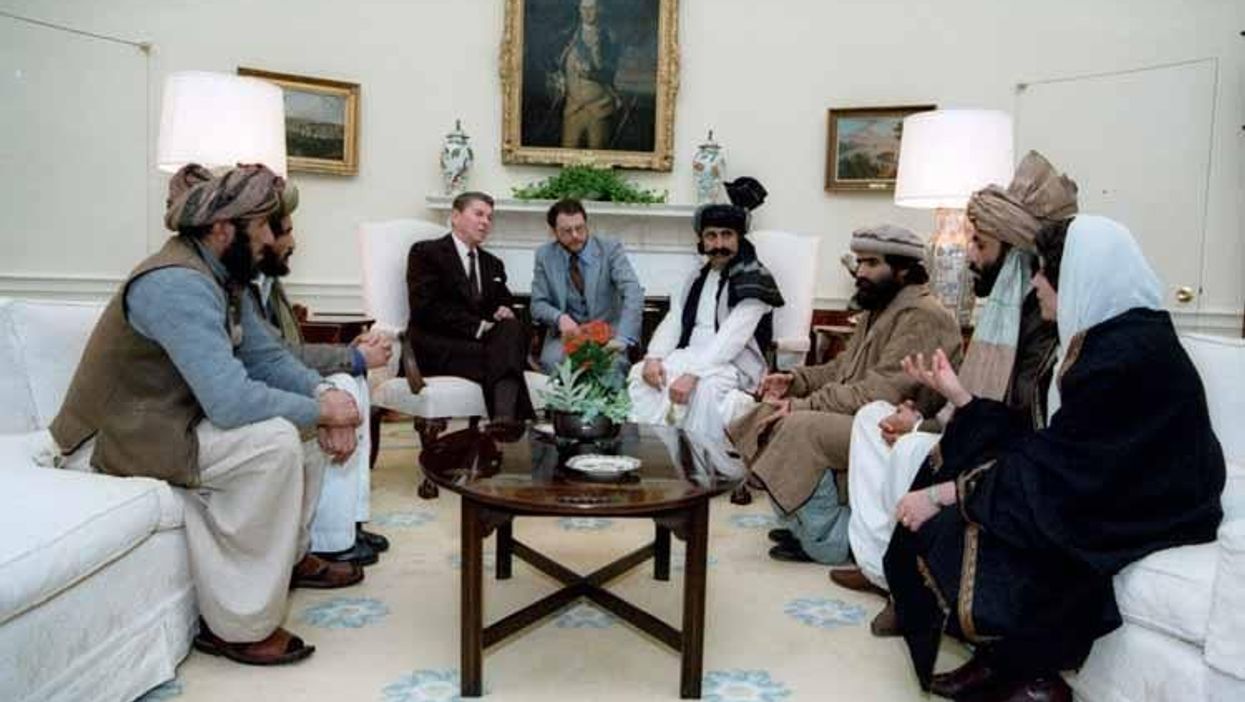
Last month the CIA joined Twitter with a friendly tweet before earning 170,000 retweets by saying they didn't know where Tupac was. Which is all well and good, but lest we forget the below:
Iran
Mohammad Mosaddegh was a socially progressive reformer democratically elected as Iran's prime minister in 1951. However when his government nationalised the country's oil industry the CIA and its British allies, along with the Shah, engineered a coup that saw him and his government overthrown. Twenty-five years later Mohammad Reza Pahlavi was himself overthrown in the Islamic Revolution.
Congo
In one of the many twisted morality tales to emerge from the Cold War the CIA supported a coup against Patrice Lumumba, the first democratically-elected prime minister of the Republic of the Congo (now DRC), because he sought to retain the territorial integrity of a mineral-rich province. The US, Belgium and Britain were all accused of being complicit in his execution by firing squad. The CIA later went on to support his successor, the authoritarian Mobutu Sese Seko, who has been described as the "archetypal African dictator" due to rampant levels of corruption and extravagance under his 30-year rule.
A USSR-issued commemorative stamp of Patrice Lumumba
Cuba
The CIA has a long and muddled relationship with Cuba. The US had supported dictator Fulgencio Batista and, after his overthrow in the Cuban Revolution, was proactive in its support for counterrevolutionaries. The failed Bay of Pigs invasion, where CIA gunmen were beaten by revolutionaries led by Fidel Castro himself, actively strengthened Cuba's ties with the Soviet Union. The CIA would go on to engineer eight failed assassination attempts against Castro, including via an exploding cigar, according to the 1975 Church Committee.
Watergate
The burgling of the Democratic Party's headquarters in the Watergate complex by former CIA officers led to America's greatest constitutional crisis of the 20th century, but the CIA's overall role in the scandal remains murky. Doomed president Richard Nixon did however attempt to have the CIA block the FBI's investigation into who funded the burglary.
Operation Cyclone
The CIA provided material support for the mujahideen prior to and during the Soviet War in Afghanistan. By the late 1980s this amounted to more than $600million per year, with then Pakistani prime minister Benazir Bhutto warning the White House it was "creating a Frankenstein'. There are claims that the CIA effectively funded Osama Bin Laden and his allies during this time, but the US has consistently said its funds exclusively went to native fighters and not Arab volunteers who came to support them.
WMDs
The CIA issued a rare mea culpa over Iraq after admitting it had been bamboozled by evidence suggesting Saddam Hussein possessed weapons of mass destruction. Years after the invasion it emerged the false intelligence had been supplied by informant Rafid Ahmed Alwan al-Janabi, previously known only as Curveball, after he defected.
Waterboarding
At least three detainees were subject to waterboarding by CIA interrogators at Guantanamo Bay, including Khalid Sheikh Mohammed. In 2009 the practice, already outlawed in many parts of the world as torture, was officially banned by Barack Obama after he entered the White House.
Iraq
In 1963 the CIA facilitated a coup against prime minister Abd al-Karim Qasim after he tried to part nationalise the Anglo-American Iraqi Petroleum Company. His government was replaced by the Ba'athist coup and he was shot after a short trial. The CIA would later support the leader of a new Ba'athist regime, Saddam Hussein, during the Iran-Iraq war, and even provide him with the means to acquire chemical weapons.
Top 100
The Conversation (0)
